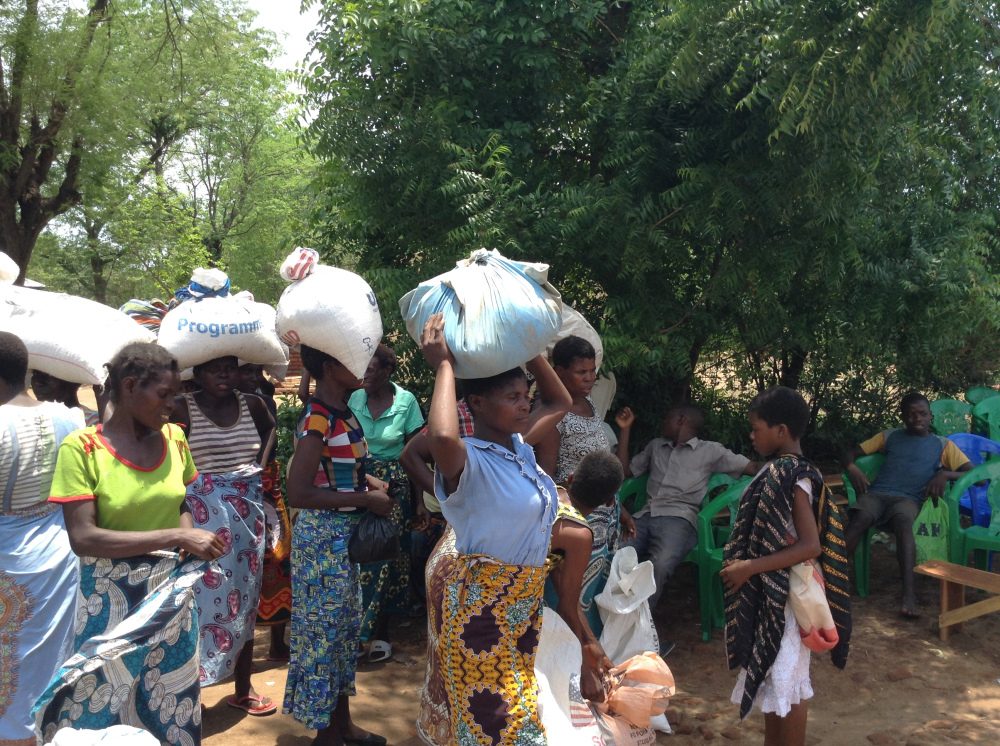Libya Humanitarian Response Plan 2023-2025

Insecurity and violence across Libya have created unsafe living conditions and damaged critical infrastructure which has placed people at high risk of injury and death, disrupted access to public utilities and services, and driven displacement
Funding requirements
Health sector funding requirements for 2023-25
US$ 29.1 million for 2023-25
AHO funding requirements for 2023-25
US $ 10 million
Beneficiaries targeted by AHO and health partners in 2023-25
There are 1.3 million people in need of health humanitarian aid in 2023-25.
45% female;
34% of the targeted population are female and 6% are children.
Background
Insecurity and violence across Libya have created unsafe living conditions and damaged critical infrastructure which has placed people at high risk of injury and death, disrupted access to public utilities and services, and driven displacement. Political instability has left a vacuum of effective governance and leadership. As a result, public services and utilities have been heavily disrupted or shut down.
Health sector situation
Around 1.3 million people have no access to life-saving health care services and resources. Public health facilities have been dramatically impacted. Forty-three out of 98 hospitals assessed are either partially functional or not functional at all due to an acute shortage of life-saving medicines, medical supplies and equipment along with critical shortages of human resources, particularly specialized nurses, midwives and technicians. These shortages are more pronounced at the primary care level. As a consequence, referral and tertiary hospitals are overloaded with patients seeking help for common illnesses, and are unable to meet the demand.
Africa Health Organization (AHO) helps people to access essential medicines. Provision of primary health care, especially for communicable diseases among migrants and refugees in detention centres, has become a major challenge.
Humanitarian Response Plan strategic objectives
- Improve access to basic life-saving primary and emergency secondary health care services through the provision of essential medicine, medical supplies and technical support for primary healthcare, disability care and life-saving emergency care
- Strengthen the existing health structure and avoid collapse of the health system by ensuring deployment of essential health staff, functional referral system.
- Provide robust disease control programs to detect and combat infectious diseases and life-threatening diseases such as polio, measles and HIV/AIDS. This includes maintenance of immunization against childhood infectious diseases at primary health care level as well as support to referral systems
AHO Projects in Libya
Reduction of avoidable morbidity and mortality in Libya
LBY-19/H/101030
Requested funds US$ 1 044 238
Strengthening of emergency maternal and neonatal intensive care services in Libya
LBY-19/H/101080
Requested funds US$ 1 300 000
Meeting the urgent needs of persons with mental and substance use disorders in Libya
LBY-19/H/101103/199
Requested funds US$ 2 103 030
Strengthening disease surveillance for migrant population in Libya
LBY-19/H/101218/199
Requested funds US$ 1 203 300
Strengthening of primary health care in Libya
LBY-19/H/101277/199
Requested funds US$ – 1 979 500
Provision of life saving medicine and medical supplies to areas in need in Libya
LBY-19/H/101480/199
Requested funds US$ 2 359 061
Managing and Strengthening Emergency Care During Crisis in Libya
LBY-19/H/101585/199
Requested funds US$ – 1 712 000

